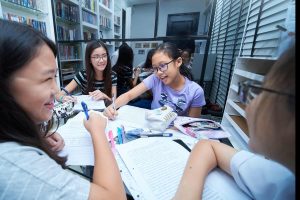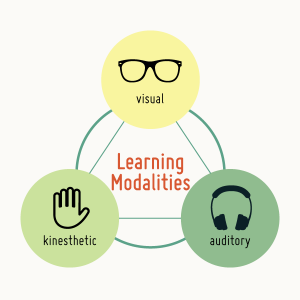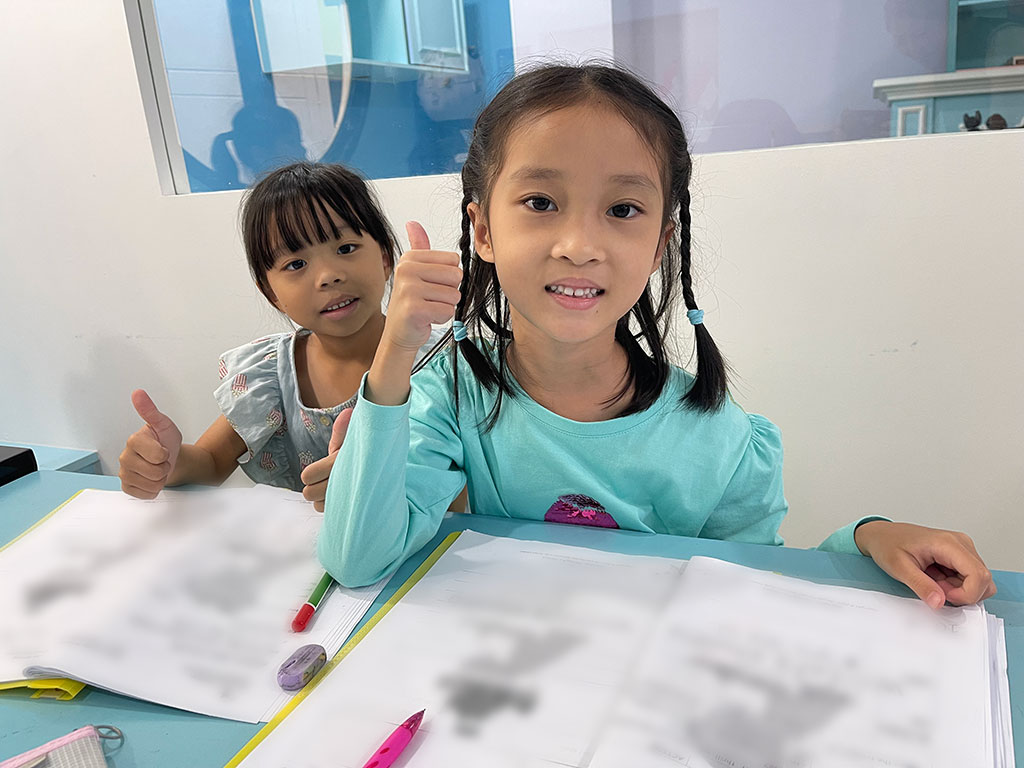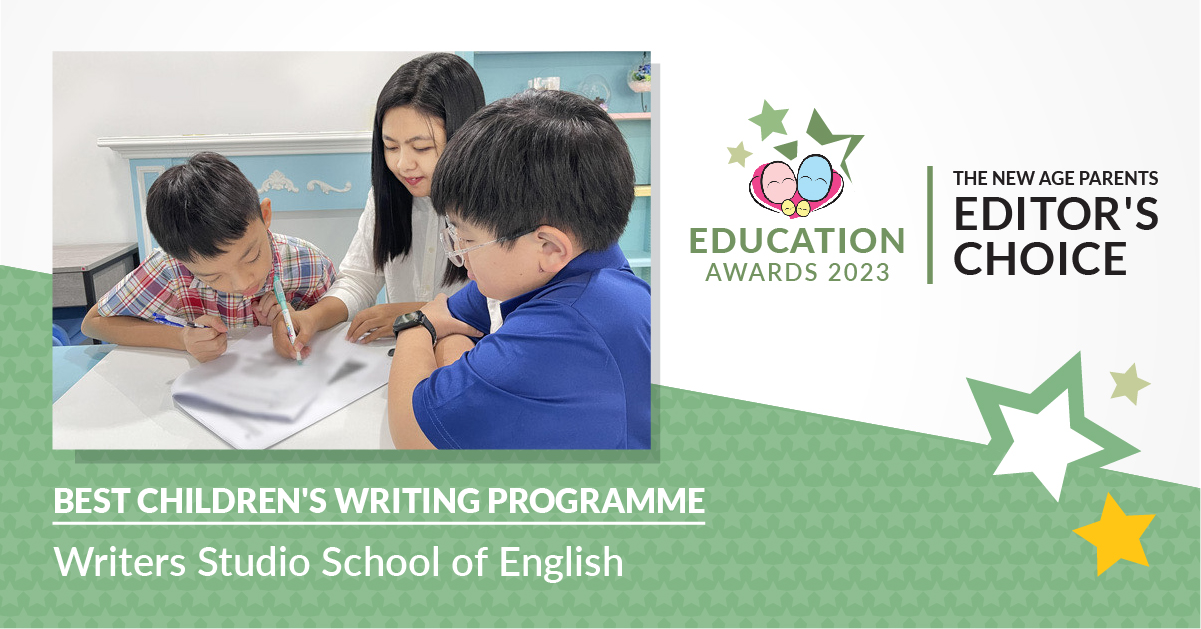
07 April 2022
How WS Helps Your Child Revise for Exams
Towards the end of primary school, teaching starts to take a turn towards independent learning. Writers Studio believes that encouraging good revision habits will benefit them in the long term.
Here at Writers Studio, we recommend parents to take advantage of the time spent at home to help guide their children to revise for their exams.
Writers Studio explains what Revision is.
Revision is the practice of reviewing learning. In the case of class tests, it would mean reviewing classroom work that was taught throughout the year. For the exam preparation, it would mean focusing specifically on sample questions and putting knowledge and theory into practice.
The main difference between studying and revising is that revision tends to involve placing knowledge within an exam context, whereas studying requires active first-time learning.
“Time management is an important skill to develop with your child.”
Know What Your Child Will be Tested On

Every successful revision strategy begins with planning. Writers Studio conducts an intensive diagnostic evaluation to understand exactly what your child is weak in at their point of entry to the school.
Setting aside the time with your child to revise for an exam is one thing and ensuring that your child covers the relevant material is another. Our teachers can provide good advice.
Creates a Revision Plan
Create a revision timetable with your child that can strengthen their willingness to stick to a routine, given that they’ve had a hand in making the plan.
To every child who attends our studio, we recommend parents create a simple table on the days of the week that should be set aside for revision. Choose specific times on individual days and plan what topics your child needs to revise in the run up to the tests and exams.
Writers Studio supports a combination of different Learning Techniques

We’ve been keen to observe students’ learning capabilities. It is taken to perspective that everyone learns differently, but there are three main learning styles to note :
- Visual
- Auditory
- Kinesthetic
When the learner is Visual, you can tabulate different manipulatives that could help them utilize their way of learning using sight of colour, pictures, diagrams and charts. Some visual revision techniques include:
- Placing post-it notes on a wall with important snippets of information
- Using a highlighter to draw attention to important elements
- Summarising notes presented as a display, e.g. on a whiteboard
- Adopting a traffic light system to chart revision progress
- Placing keywords around a room to recall associated information
- Drawing pictures and diagrams, creating mind maps and collages
For our Auditory learners, you can provide thorough discussion topics presented by our teachers. They learn most effectively through listening. Teacher-led classes, discussions and recordings that can all help maximise an auditory learner’s capabilities. In class, we may also involve education video clips and auditory materials where we let them listen and brainstorm after, together with their peers and teachers.
Some auditory revision techniques we include:
- Making up rhymes, mnemonics, raps, or poems to remember information
- Recording your child reading their revision notes and then playing the recording back
- Testing your child by asking them questions aloud
- Encouraging your child to play the role of teacher and explain concepts and theories to you
Learners we’ve observed from our studio who are kinesthetic learners, tend to retain information better through ‘doing’. These children who learn this way prefer to get involved in practical activities or role-playing. So we always involve our students in physical activities while learning and we also encourage parent’s involvement while students are at home, or when they’re away from school. These include:
- Using a computer to create a PowerPoint presentation
- Being actively involved in creating revision cards
- Roleplaying scenarios that help find solutions to problems
- Playing revision games on interactive websites
In reality, although students may prefer a certain learning style, a combination of all three tends to produce the best results.
Revising with Exam Practice Papers
Writers studio affirms that when it comes to revising for specific exams, working with exam practice papers is one of the most effective revision methods for students.
We do not only provide practice tests for them to familiarise with the layout of the exam, but we help them contextualise what they’ve been learning.
For parent’s involvement, we encourage them to take part when it comes to teaching their child and how to help them in doing revisions effectively. It’s important to encourage good habits early. Knowing exactly what your child will be tested on, agreeing on a revision plan, identifying their learning styles and mocking an exam scenario with practice exam papers will help them prepare well.




